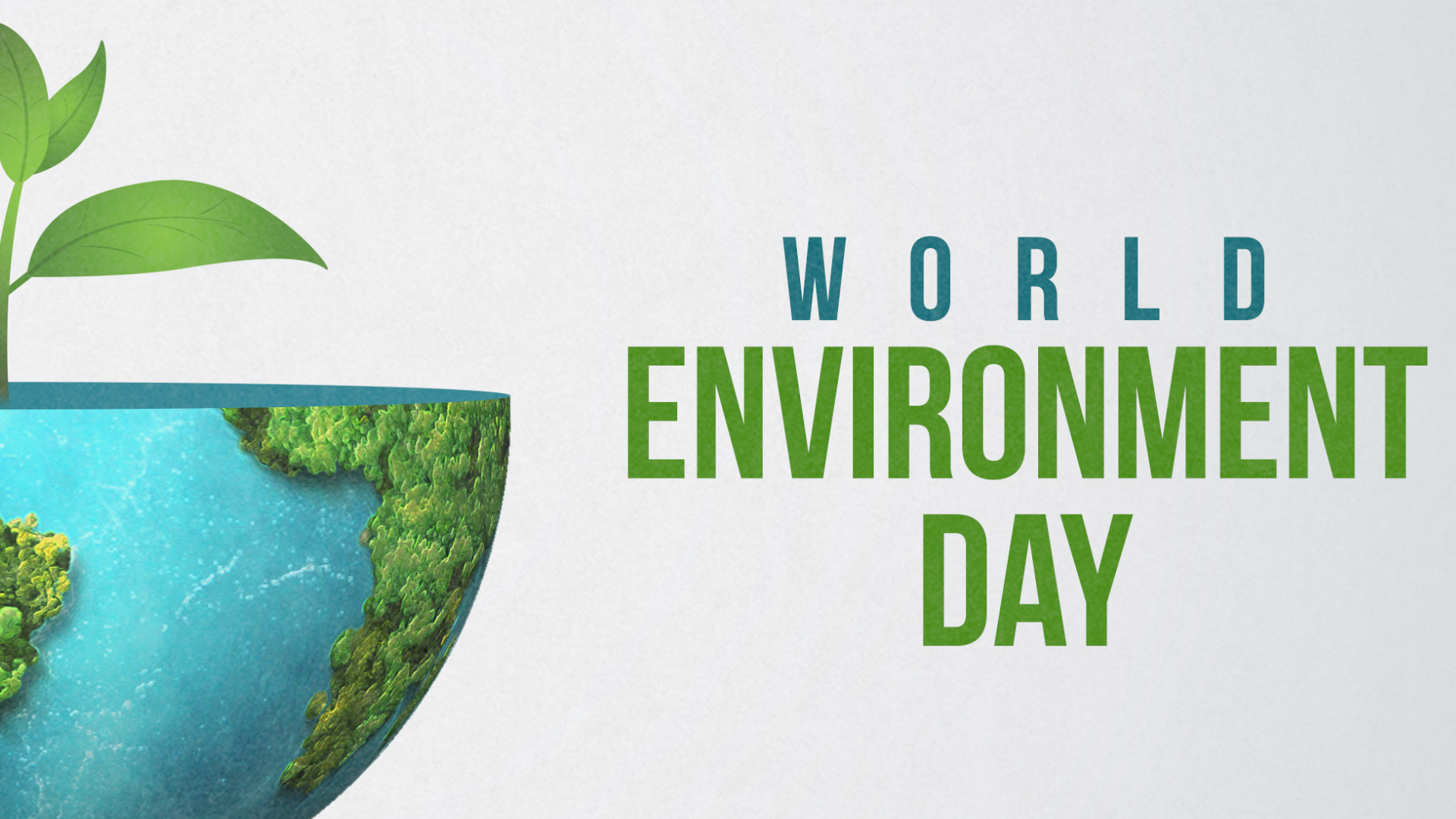Plastic pollution has become one of the most pervasive threats to the environment, infiltrating the air we breathe, the water we drink, and even the food we consume. Microplastics have been detected in human blood, marine life, and agricultural soil, highlighting the deeply entrenched nature of this crisis. Yet, amid the daunting scale of the problem, experts agree: plastic pollution is one of the most fixable environmental challenges—if we act decisively.
This World Environment Day 2025, the United Nations Environment Programme (UNEP) reinforces the global movement to #BeatPlasticPollution. The annual observance aims to mobilize governments, communities, and individuals to rethink their use of plastic, reduce unnecessary consumption, and adopt sustainable alternatives. This year’s theme highlights the alarming impact of plastic on the “triple planetary crisis” of climate change, biodiversity loss, and pollution.
Plastic waste continues to choke our planet. Globally, around 11 million tonnes of plastic leak into aquatic ecosystems each year. In the Philippines, this issue is especially urgent. As one of the world’s top sources of ocean plastic waste, the country faces serious environmental and public health risks. Single-use plastics like sachets, packaging, and bags flood waterways, clog drainage systems, and endanger marine biodiversity. Coastal cities like Manila, Cebu, and Davao grapple with mounting waste management challenges, exacerbated by poor segregation practices and a lack of recycling infrastructure.
The financial cost is staggering. The global toll of plastic pollution is estimated at US$300–600 billion annually in social and environmental damages. In local communities, this burden is felt through increased flooding, degraded fisheries, and growing health concerns.
As the international community works toward a legally binding global treaty on plastic pollution—currently in negotiation stages—the Republic of Korea takes the spotlight as this year’s host for World Environment Day. With Jeju Province leading bold policies such as a mandatory recycling system and a deposit scheme for disposable cups, Korea offers an inspiring model for the Philippines and the rest of the world.
Here at home, there are promising initiatives. Several local governments have begun phasing out single-use plastics and piloting zero-waste programs. Yet much more needs to be done. Collective action—from government policy and business innovation to consumer awareness—is critical to turn the tide on plastic.
Let World Environment Day 2025 be a reminder and a rallying cry: the solutions to plastic pollution exist. It’s time to implement them boldly, together.
This content is based on information extracted from the official website of World Environment Day 2025.



Leave a Reply